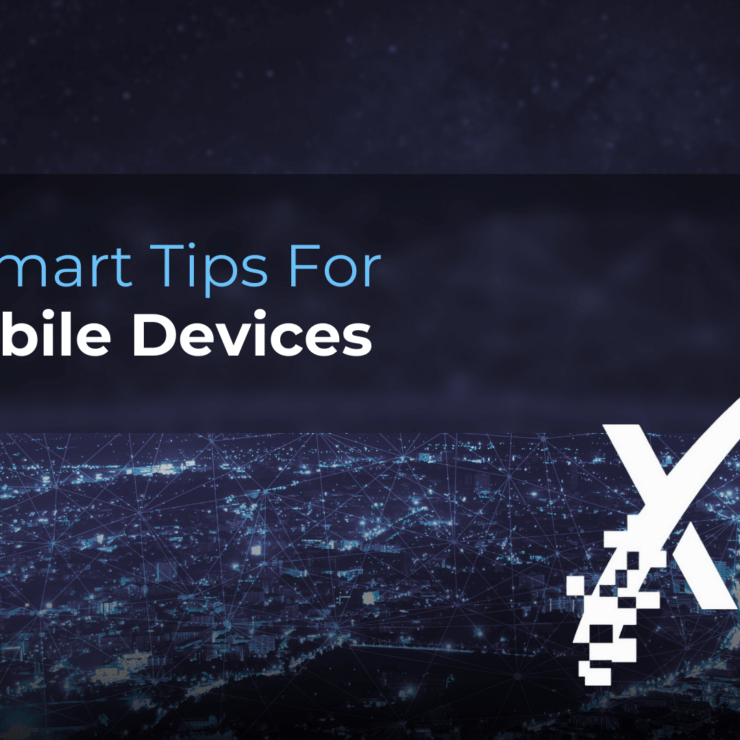5 Smart Tips For Mobile Devices

If you’re planning on heading out of town – or simply to the coffee shop to work – here are a few tips to keep in mind.
1. Protect your devices from thieves. All mobile devices should be passcode-protected and loaded with apps that will help you track and find them in case they get lost or stolen. These apps allow you to remotely wipe the device if it falls into the wrong hands; you definitely don’t want to expose yourself to identity theft or allow someone access to your company’s network and client data. Also, never leave your device anywhere you wouldn’t leave your wallet.
2. Backup. Mobile devices get lost and destroyed more often than desktop computers because you’re dragging them around from place to place and exposing them to non-gadget-friendly environments; therefore, make sure you are backing up all the data to the cloud. All it takes is a spilled cup of coffee to erase those precious family photos and videos; and most people don’t think about backing up their phone.
3. Take caution when connecting to free public Wi-Fi. Hackers with routers and readily available software set up rogue hot spots for spying and serving you fake websites. They often name these hot spots something generic such as “Coffee Shop” or “Linksys” to fool you into thinking they are safe. You think you’re connecting to the coffee shop’s Wi-Fi, but you’re actually accessing the web through their portal. If you are going to use public Wi-Fi, simply use it for general web surfing, not shopping, banking or accessing critical data.
4. Turn off sharing. If you use a laptop, you might have it set to share files and folders with other computers at work or home. However, you don’t want those settings “on” when connecting to a public network. When connecting to a public hotspot for the first time, Windows will ask you for a location type; choose “public” and it will automatically reset your settings to turn off sharing.
5. Carry your own connection. If you’re going to access your bank account, go shopping online or retrieve critical data when traveling, invest in your own personal Mi-Fi connection. If you don’t have one and you need to make an emergency balance transfer or an immediate purchase to save a significant amount of money, it’s safer to use your cell phone. When banking, use your bank’s official app and sign up for any extra security they offer. For example, Bank of America’s SafePass program sends a text message with a 6-digit code to authorize a transaction. The code expires as soon as you use it.